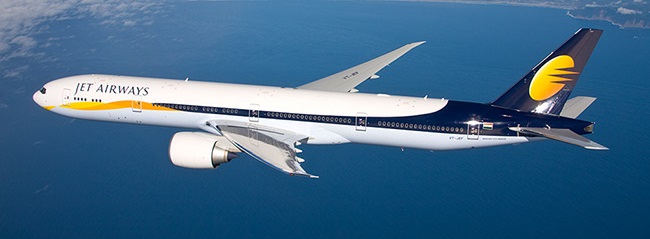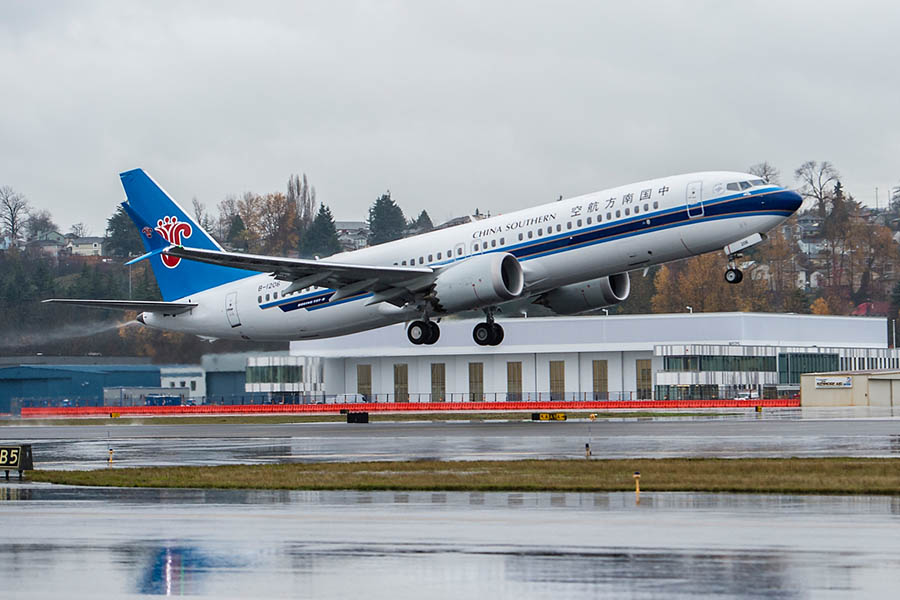Raytheon Wins $1.5 bln UAE Air Force Contract
ABU DHABI, Feb 18 (Reuters) - The United Arab Emirates on Monday awarded Raytheon Co. a 5.7 billion dirhams ($1.55 billion) contract to supply its air force with platform systems to launch missiles, a UAE…


